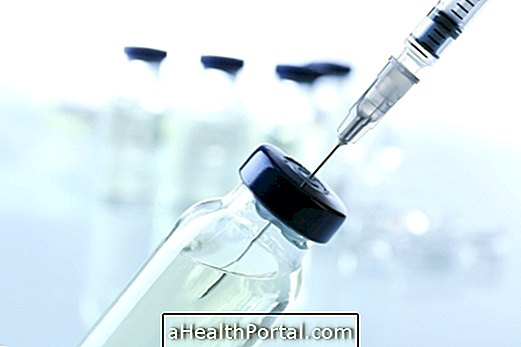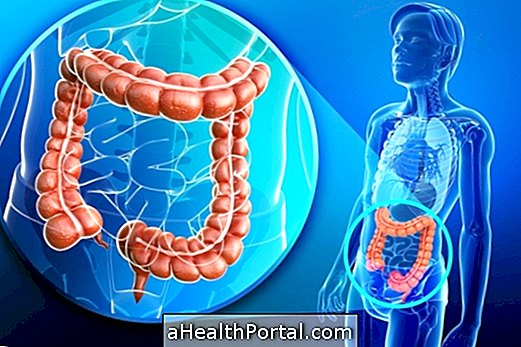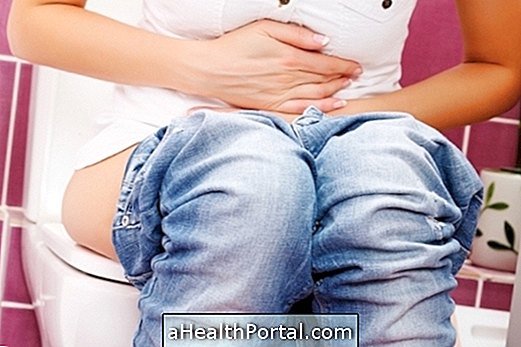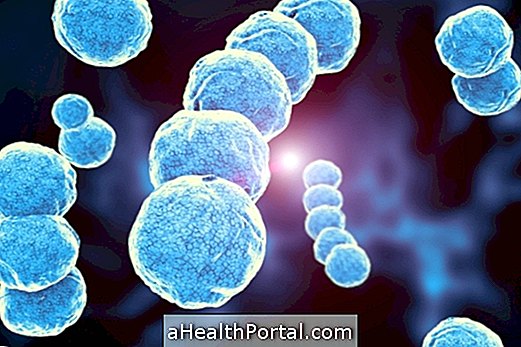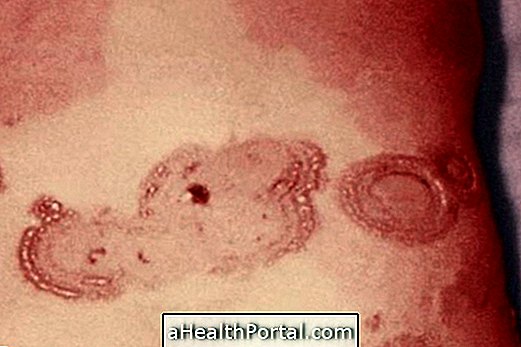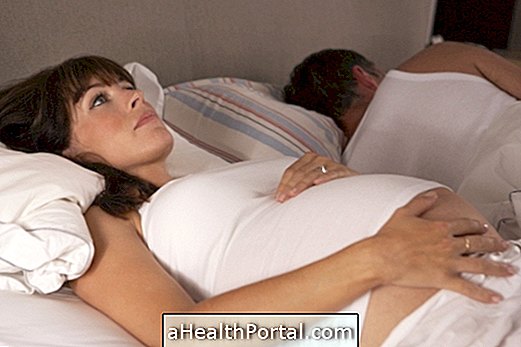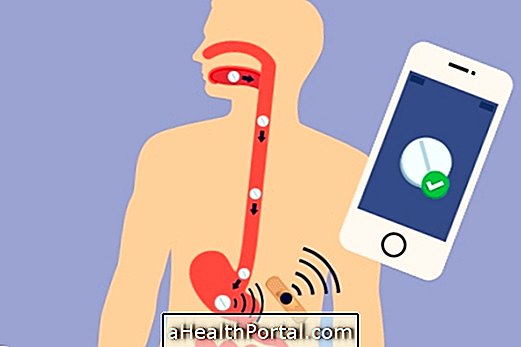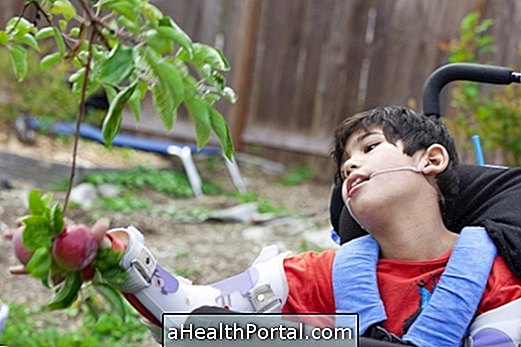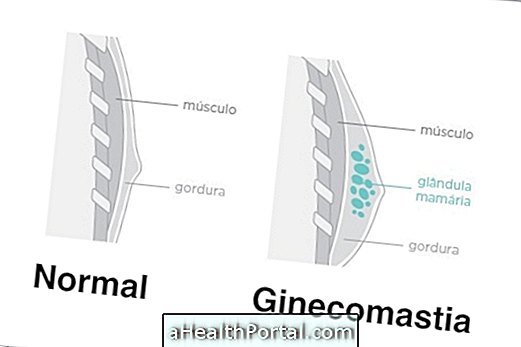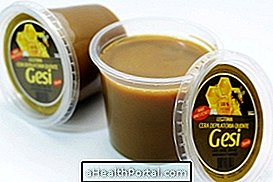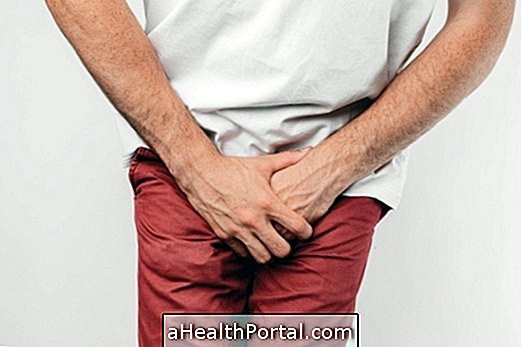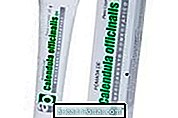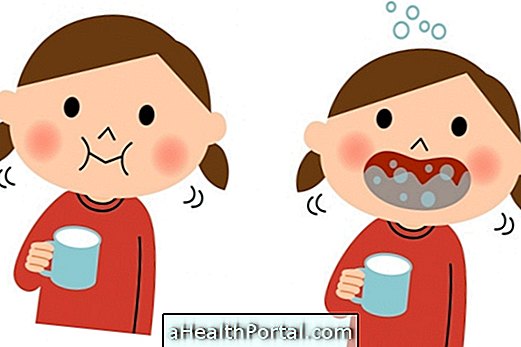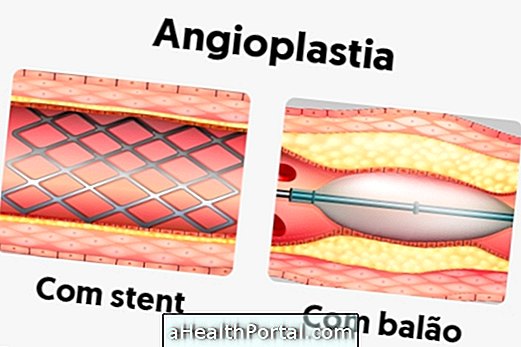Hemorrhagic dengue is a serious reaction of the body to the dengue virus that causes bleeding to develop, especially in the eyes, gums, ears and nose, for example.
Hemorrhagic dengue fever is more frequent in patients with dengue fever for the second time, differentiating around day 3 with the onset of bleeding after the appearance of pain in the back of the eyes, fever and pain in the body, which are the symptoms of classical dengue fever. See the other symptoms of this form of the disease.
Hemorrhagic dengue has a cure and its treatment mainly involves controlling the hydration by injecting serum into the vein and therefore it may be necessary to stay in the hospital.
Pictures of hemorrhagic dengue fever
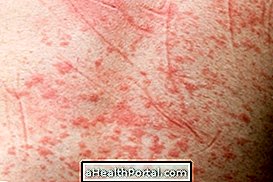

Symptoms of hemorrhagic dengue
The symptoms of dengue hemorrhagic fever are initially the same as those of common dengue, however, after about 3 days, signs of bleeding appear, such as:
- Red chicks on the skin
- Bleeding gums, mouth, nose, ears, or intestines
- Persistent vomiting;
- Severe abdominal pain;
- Cold and damp skin;
- Dry mouth and constant thirst sensation;
- Red eyes;
- Pulse weak and fast.
If you are suspected of having dengue, it is recommended to go to the doctor as soon as possible to confirm the diagnosis and start the appropriate treatment.
Diagnosis of hemorrhagic dengue
The diagnosis of hemorrhagic dengue can be made by observing the symptoms of the disease, but to confirm it the doctor can ask for some diagnostic tests like blood test and the tie test, which is done by observing more than 20 small red in a 2.5 x 2.5 cm square, after 5 minutes of the arm slightly tightened with a tape.
How to treat hemorrhagic dengue
Treatment of dengue hemorrhagic fever should be guided by a general practitioner and is usually done at the hospital to facilitate treatment with medicines directly into the vein. However, depending on the severity of the case, the treatment can also be done at home.
Usually, treatment should be started within the first 24 hours after onset and bleeding with the use of serum injections directly into the vein, oxygen, and blood transfusions.
The health ministry recommends avoiding the use of acetylsalicylic acid medicines such as aspirin and anti-inflammatory drugs such as ibuprofen in case of suspected dengue.
Is hemorrhagic dengue contagious?
Hemorrhagic dengue is not contagious, because like any other type of dengue, it is necessary to prick the infected Aedes Aegypti mosquito to develop the disease.
Thus, to prevent the onset of hemorrhagic dengue it is important to:
- Avoid dengue epidemic sites;
- Use repellents daily;
- Light an aromatic candle of citronella daily in each room of the house because it also removes the mosquito from dengue;
- Put protective screens on all windows and doors to prevent mosquitoes entering the house;
- Take the vitamin B complex, as it also removes the mosquito from dengue;
- Eat foods with vitamin K that help in blood clotting like broccoli, cabbage, turnip and lettuce that help in the prevention of hemorrhagic dengue.
- Respect all health ministry guidelines regarding dengue prevention, avoiding dengue mosquito breeding sites, leaving no clean or dirty water stopped at any location.
These measures are important and should be followed by the entire population in order to reduce the dengue cases in the country.
